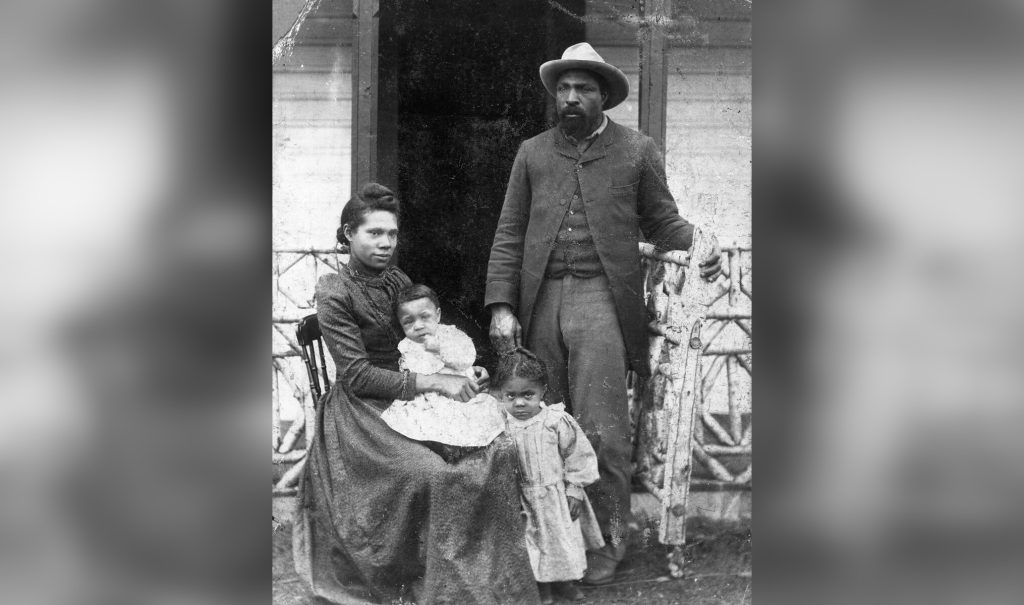UCalgary research team digging family site of one of Alberta’s first Black residents

Posted Jul 20, 2024 9:22 am.
Last Updated Jul 22, 2024 6:13 am.
Researchers at the University of Calgary (UCalgary) are at the site of the John Ware family homestead near Millarville, looking to unearth anything to help understand the day-to-day life and challenges of one of Alberta’s first Black residents and his family.
The group is part of UCalgary’s Department of Anthropology and Archaeology, and using technology that can find anything different in its magnetic field, archeologists believe they may have found the site where the Ware family house was located.
“We think that that hole over there by the tree where those guys are starting to dig might actually be the cellar of his house. It lines up with the historic photo — the only historic photo that we have of this homestead from the archives,” said Lindsay Amundsen-Meyer, an assistant archeology professor at UCalgary.
“Regardless of what we find, I think a project like this is really important for the community.”
Ware was a cowboy who influenced the early years of the ranching industry in southern Alberta. He was one of the first ranchers to arrive in Alberta from the U.S. in 1882. He died in 1905.
Steve Fischer’s family purchased the land Ware and his family first settled on in Canada back in the early 1900’s. He says John Ware’s story is fascinating and one that needs to be shared.
“No money. No education. You’re a Black man walking through the southern states. I just can’t imagine,” Fischer told CityNews.
“Like I say, every day would have been a challenge and an adventure for sure.”
Filmmaker and playwright historian Cheryl Foggo says as a Black person from southern Alberta, she connected with John Ware’s story from a young age — adding being at the Ware family’s homestead site is emotional for her.
“I walk this land, and I know I’m walking in the footsteps of other people of African heritage, and that’s meaningful for me. It is a very powerful experience,” she said.
Foggo hopes John Ware and his family will be remembered for years to come.
“They were people who wanted to make a contribution and who wanted to be recognized as people who honoured this land, who honoured this place and I think that’s why all people of any background can connect to the story,” she said.








